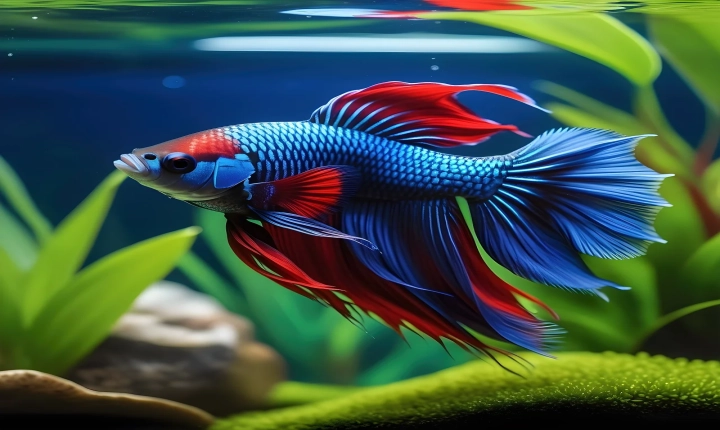Creating AI art with stable diffusion can be an exciting and innovative way to explore the intersection of technology and creativity. Stable diffusion refers to the process of iterating and refining the elements of an AI-generated image to create a visually appealing and balanced composition. By understanding the principles of stable diffusion, artists can harness the potential of AI to produce stunning and unique artworks. In this article, we will discuss the basic steps and techniques involved in making AI art with stable diffusion.
Understanding Stable Diffusion in AI Art
Before delving into the process of creating AI art with stable diffusion, it is important to grasp the concept of stable diffusion. Stable diffusion involves the gradual transformation and refinement of an image through a series of iterations. This process allows for the careful adjustment of various visual attributes, such as color, texture, and composition, to achieve a well-balanced and aesthetically pleasing result.
The key to stable diffusion lies in striking a harmonious balance between the different elements of the artwork. By carefully guiding the evolution of the image, artists can create a sense of cohesion and visual unity, resulting in a compelling and impactful piece of art.
Using AI for Stable Diffusion
AI-based tools and algorithms can be invaluable resources for artists seeking to employ stable diffusion techniques in their work. These technologies can aid in the exploration and manipulation of visual elements, allowing for a high degree of control and precision in the creative process.
One popular approach to leveraging AI for stable diffusion is through the use of generative adversarial networks (GANs). GANs consist of two neural networks – a generator and a discriminator – that work in tandem to produce and evaluate images. Artists can employ GANs to iteratively refine and enhance the visual qualities of an image, enabling them to achieve the desired aesthetic outcome.
Steps for Making AI Art with Stable Diffusion
To create AI art with stable diffusion, artists can follow a series of steps to guide the evolution of the artwork. These steps involve a combination of experimentation, iteration, and careful adjustment of visual parameters. Here is a general outline of the process:
1. Generate Initial Image: Start by generating an initial image using an AI-based tool or algorithm. This image will serve as the foundation for the subsequent iterations and refinements.
2. Define Visual Goals: Establish a set of visual objectives or goals for the artwork. This may include desired color schemes, composition principles, or thematic elements that you aim to incorporate.
3. Iterative Refinement: Begin the process of iteration and refinement, making gradual adjustments to the visual parameters of the image. This may involve modifying colors, textures, shapes, and other visual elements to align with the established goals.
4. Evaluate and Adjust: Continuously evaluate the evolving image against the established visual goals. Make careful adjustments to maintain a sense of balance and cohesion, ensuring that the artwork progresses in a harmonious manner.
5. Finalization: Once the image has reached a point of visual stability and aesthetic satisfaction, finalize the artwork. This may involve minor touch-ups or fine-tuning to ensure a polished result.
Benefits of Stable Diffusion in AI Art
Embracing stable diffusion techniques in AI art offers a range of benefits for artists. By leveraging the power of AI to iteratively refine and enhance visual elements, artists can unlock new creative possibilities and push the boundaries of traditional artistic expression.
Furthermore, the use of stable diffusion in AI art can facilitate a deeper understanding of how visual attributes interact and evolve within a composition. This process of exploration and refinement can lead to the discovery of novel aesthetic principles and unexpected artistic outcomes.
In conclusion, creating AI art with stable diffusion represents an exciting frontier at the intersection of art and technology. By employing the principles of stable diffusion and harnessing the capabilities of AI-based tools, artists can craft visually stunning and conceptually rich artworks that push the boundaries of creativity and innovation. As AI continues to evolve, the potential for stable diffusion in art will only grow, offering exciting new possibilities for artists to explore and experiment with their craft.
